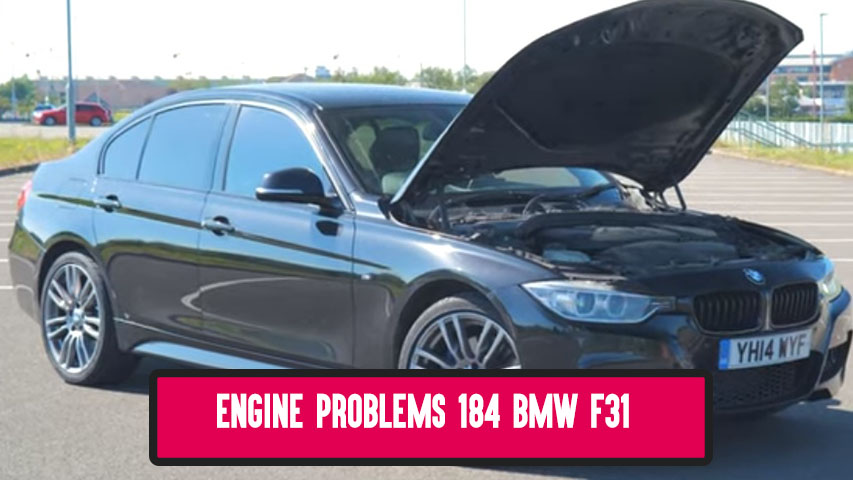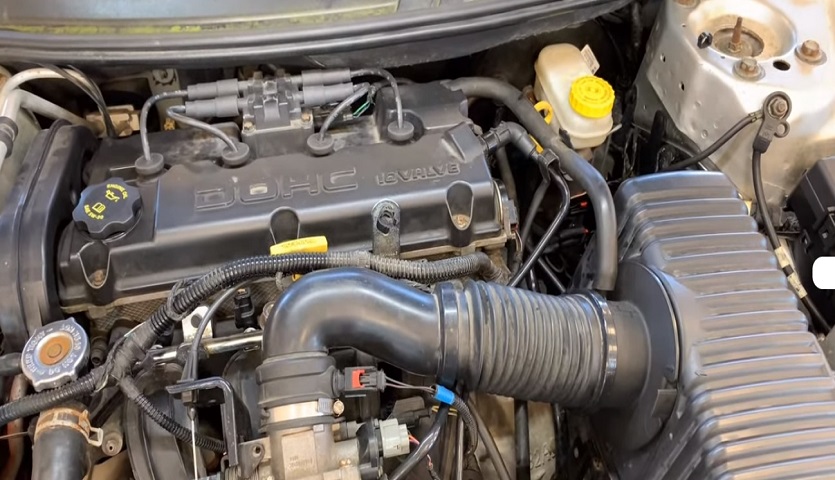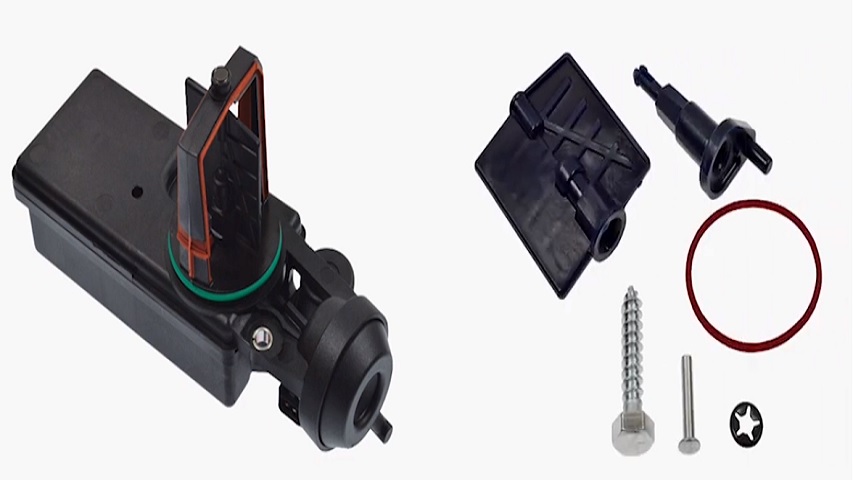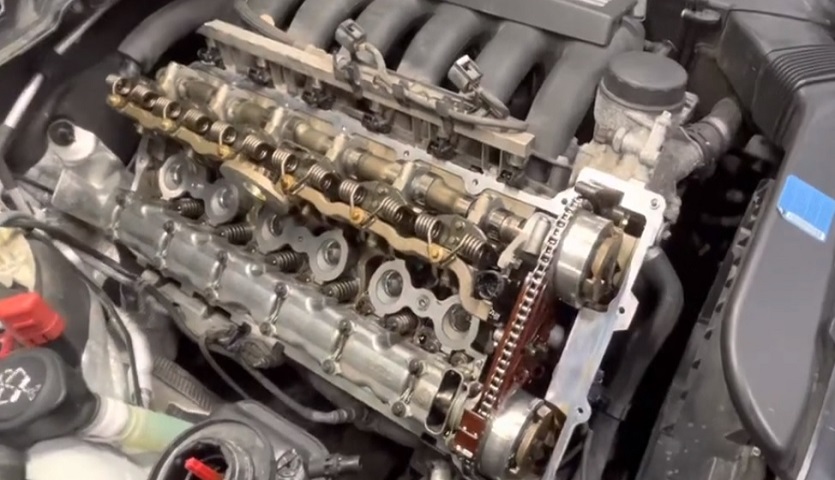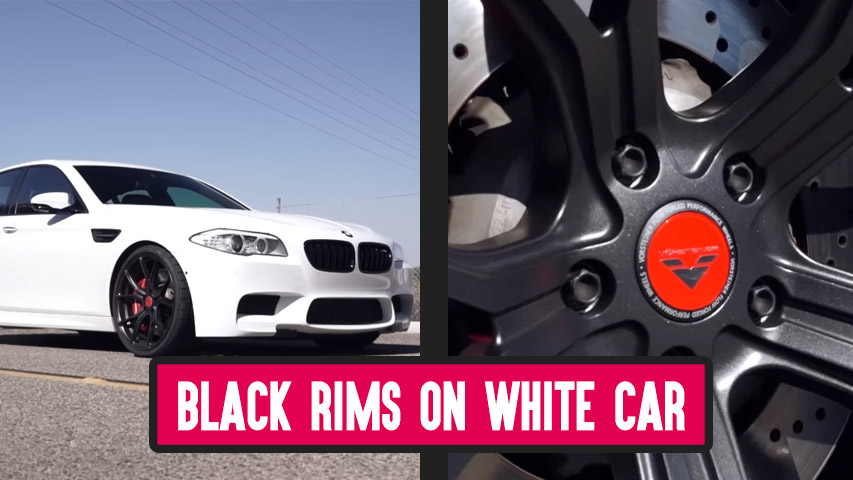Some of the problems that may occur with the BMW F31 engine with the 184 engine can be related to defects in the cooling system, fuel injection system, or faults in the engine braking system. Other defects that may be seen in the BMW engine are problems with the gearbox or power transmission system. Other problems related to the suspension include sudden slips or sounds in the suspension and the presence of defects in the pressure chips and suspension parts.
Six of the most common engine problems 184 BMW f31
Below are the most important Engine problems 184 BMW f31:
- The thermostat and the water pump are broken
- The crankshaft ventilation is broken
- The dias Valve is broken
- Oil pump nut
- Vanos seal
- Valve cover
Below we will explain these Engine problems 184 BMW f31:
The thermostat and water pump are broken in the BMW engine
If you’ve owned a BMW for a long time, you’ve probably encountered this in the car’s engine.
In fact, in a BMW car, the cooling system, especially the water pump and the thermostat, are some of the problems that arise. You should know that most BMW cars have these flaws. But if this is a problem for your car, there’s no need to worry. Because the vehicle can run and last from 60 to 100 thousand miles. If you notice that your car is overheating and that the coolant is running out, you need to evaluate the pump in it.
Signs of thermostat and water pump failure:
- Leakage of coolant
- Rising engine temperature
- Limp condition due to high engine heat
- Sounds that come from the fan
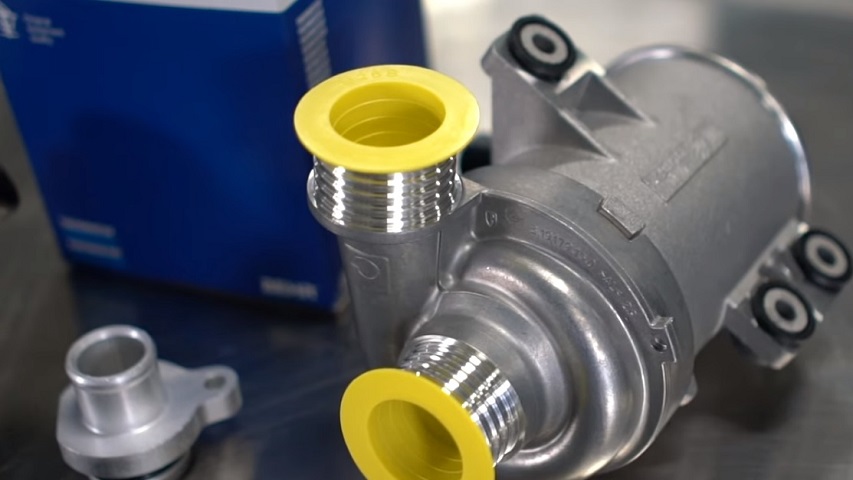
It is necessary to use an upgraded water pump to repair the water pump. This will improve the circulation for cooling by twenty percent. When an upgraded water pump is used in a car, the cooling system works better for the engine due to the presence of stainless propellers and heavy bearings.
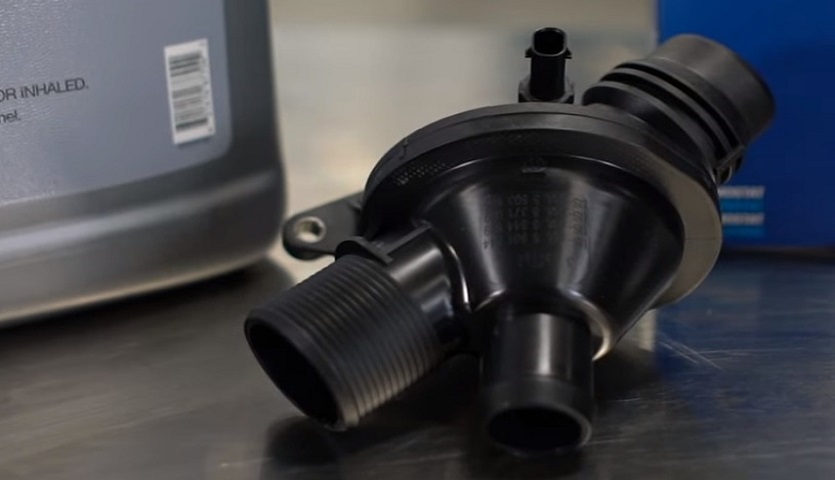
Defects related to the ventilation of the crankshaft of the 184 engine in the BMW car
Crankshaft ventilation system in BMW car is called Oil Separator Valve or PCV. This system is a very important and necessary system for the smooth operation of the engine in a BMW car.
The 184 engine crankshaft ventilation system in the BMW f31
The crankcase ventilation system in the BMW car and problems are related to normal engine ventilation. In general, gases and oil accumulate in the crankshaft of the car. These substances have no way to escape. After a while, they can cause problems with the BMW engine due to accumulation
It should also be borne in mind that emissions of these gases can be very harmful and harmful. When the ventilation system fixes the accumulated gases by rotating again in the system. The pvc system consists of a breathing element, valve and hose.
Typically, the valve is located in the valve cover and allows the gas circulation between the manifold and the engine to be managed. The hoses are responsible for delivering gases from the valve to the manifold, where they are burned in the engine combustion process.
The airtight element, which is normally placed in the valve cap or air purifier, filters and cleans the incoming air to remove oil vapors.
Signs of a crankshaft ventilation system failure in the 184 BMW F31 engine
If the PVC valve breaks down, it can cause a lot of engine problems. Typically, it is simple and convenient to diagnose the failure of this section. Below are the signs of a crankshaft ventilation system failure:
- Harsh noise
- Abnormal fuel mixing
- Increased use of fuel
- Poor operation and pause in engine operation
These signs can be related to a section of conventional bugs in the BMW f31 engine. However, they all occur very little at the same time outside the crankcase ventilation system.
The most common symptom can be a leak in the engine. Keep in mind that these bugs can cause engine problems to gradually increase. Most often, defects related to the deterioration of the pcv valve occur in cold or winter weather.
Dias valve
The Dias Valve is located above the engine input manifold. Keep in mind that this section is a unit used to adjust the input. This part looks like a tiny black box. But you need to know when to go out. When this box is out of place, waste can enter the engine itself, and this can cause a failure in the engine of a BMW car.
One of the signs of a failure of the Dias valve can be detected by the rattling sound from which it is heard. The Dias Valve has approximately 70 to 100,000 miles to fail after traveling. Because the plastic pieces that are inside it are broken. Below are the signs of a DS valve failure.
Signs of a DS valve failure
- Poor fuel consumption
- Decreased power
- Hard and rough driving
- The sound of a loud rattle
It is necessary to use a repair kit to repair the dias valve. Factory valves have a high deterioration talent because they have plastic parts. But the repair kit uses aluminum parts that make it durable.
Vanos seal is a common Engine problems 184 BMW f31
The variable timing of the BMW camshaft is called vanos. This is an important way to increase the performance and power of the BMW engine. The drawbacks in this engine are related to sealing. The deterioration of Venus is due to the destruction of its piston sealing.
The seals are a mixture of the outer Teflon seal ring and the backup orifice underneath. Orings become rigid and also contract, with low and high surfaces flattened. This makes them unable to function for Teflon seals. As a result, the piston’s sealing function is disrupted, and Venus cannot function afterwards. Because the rings are made of nitrile, it cannot be made with synthetic engine oil at high temperatures. Especially high temperatures cause these rings to degrade.
Problems with the 184 engine valve cover in the BMW
To see the Vanos, you need to remove the engine valve cover. As a result, you can check whether this section needs to be replaced. It is necessary to pay close attention to all cracks now. The valve cover is plastic, and as a result, it can easily undergo changes and breakdowns. Below are signs of leakage and faulty engine valve 184 in BMW F31.
Signs of leakage and faulty valve cap
- Inside the cabin smells of oil. Keep in mind that the cover oil is poured over the exhaust. If you smell this oil, it’s a sign of a breakdown in this area.
- When you open the hood around and around the washers and the cover is covered with oil.
- Candles are also impregnated with oil, and a lot of oil is visible in the valve.
You need to replace the washer when you replace the cover. Changing oil can always be a good and interesting idea. You should know that repairing the engine valve cover can cost you a lot of money. In the U.S. for repairs to this section a sum of about 4 400 is taken to non-labor. As this department needs to be repaired, you should not delay and take action as soon as possible to fix the failure.
Engine oil pump nut
The engine oil pump nut, although a very small part, can cause the BMW engine to completely fail if it breaks down, causing a major disaster. If the oil pump is loose and rotates, it is a sign of failure of this section. This breakdown may have occurred for a long time, but you have not noticed it. If this failure continues, other parts of the car will also be damaged. Because the oil pressure drops and the engine burns. It is necessary to take action as soon as possible to repair this section if it fails.
The cause of the engine vibration of the BMW during the bite
This can cause the engine of a BMW to vibrate due to the fact that there is a lot of unevenness on the roads. Also, poor alignment of roads, holes, and many holes on the street surface can lead to this. When the wheels collide with these parts, a feeling of vibration occurs in the car. Below are some of the causes:
Crooked wheels
wheels that are crooked or unbalanced can be one of the main causes of engine shaking in BMW. Keep in mind that this can be due to chaining or problems with the brakes, which can affect the balance and alignment of the wheels.
Suspension problems
suspension components such as amortisors, suspensions and balances cause vibration in the car engine if they encounter a malfunction.
Engine failure or power transmission
problems with the engine of the car or power transmission can cause vibration in the engine. These issues may cause problems in the production of fuel flow, problems in the gears. Improper alignment of the engine is another problem that can cause vibration.
So keep in mind that you need to know the main causes of engine vibration so that you can act correctly and effectively to address these problems and increase the safety and performance of the meter. Below we talk more about the reason for the engine vibration in a BMW car.
Brake system problems
defects in brake system parts such as discs, brake plates, or hydraulic braking system can lead to engine shaking in BMW cars.
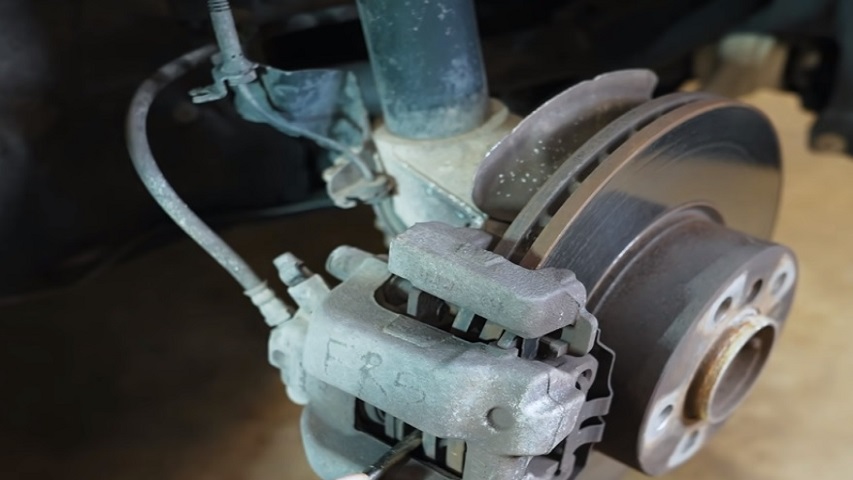
Cause of engine vibration of BMW F31 with 184 engine at high speed
Engine vibration around and high speed can be due to various problems such as tires and suspension. Some of the reasons for this tremor are as follows:
Lack of alignment of tires
One of the most important causes of engine vibration is incorrect balance or unevenness of the tires. If the tires are not properly balanced and have irregularities and irregularities, they cause vibration in the engine. So you need to fix this by adjusting the balance of the tires or changing them.
Tires that are low wind
When your car has low-wind tires, it causes the engine to vibrate at high speeds. Therefore, it is necessary to check the wind pressure of the tires regularly and inflate or change them if necessary.
The presence of irregularities in the rubber
Irregularities and injuries on the surface of the blastics can cause the engine to vibrate in the BMW. You should know that aligning and repairing your tires can cause the vibrations to reach their lowest levels.
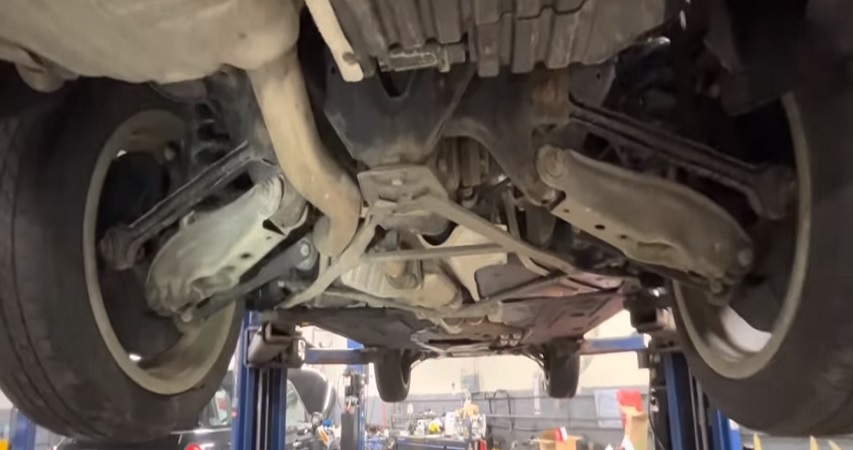
Curved rings
Rings damage is another cause of engine vibration. When the rims are bent, the tires are uneven and vibrate. You should know that changing the Rings if necessary can largely solve this problem.
In general, it should be said that proper and regular transcription of tires and suspension systems, checking and checking the balance and wind pressure in tires, replacing or repairing parts that have been damaged can reduce the engine vibration of the BMW car. As a result, the car’s vibrations decrease.
